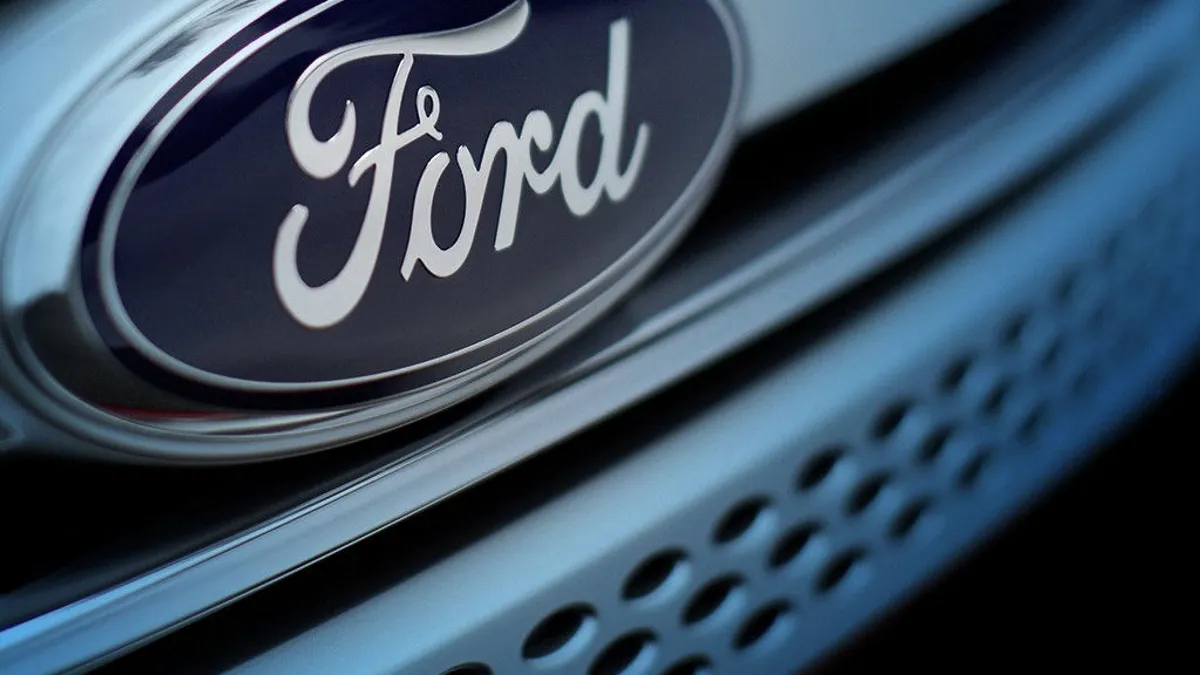Dive Brief:
- Ford Motor Company announced a number of leadership changes in a company press release Tuesday, including naming Kumar Galhotra as its new global CMO. Galhotra, president of Ford's Lincoln brand, takes over for Stephen Odell, who is retiring after 37 years with Ford. The leadership shift is being conducted under CEO Jim Hackett, who took the helm as chief executive in May.
- Galhotra's role as CMO will include shifting investments toward product categories that line up with Ford's strengths; developing more effective brand communications including digital services, e-mobility and autonomy; and building a more efficient distribution model using digital platforms.
- Hackett, in a statement made available via the release, noted all these changes come as the brand attempts to align its services more toward being a mobility-first company, including through smart vehicles. They also arrive amid what have generally been low North American vehicle sales for the industry.
Dive Insight:
Ford's leadership changes are one of the most dramatic examples yet that the auto brand under Hackett's stewardship is building out its technology and mobility focus as opposed to being a traditional carmaker. Hackett, who headed Ford's driverless division before suddenly being appointed CEO in May, clearly wants Ford to become the leading U.S. brand for autonomous vehicles, and Galhotra will now shoulder some of the responsibilities to help get it there.
Beyond executive changes this year and major investments in technology like artificial intelligence, Ford has attempted to draw consumers into the idea of becoming a smart mobility company through its marketing. Ahead of the Super Bowl, it built an interactive "experience center" in New York City, along with rolling out a 90-second TV spot that highlighted near- and long-term mobility solutions as part of its "Go Further" brand platform.
For marketers outside of the auto segment, these developments present appealing opportunities. Domino's, in late August, partnered with Ford for tests of self-driving pizza delivery vehicles that let customers track their order via GPS and text messages. Last month, it also teamed with the popular ride-hailing app Lyft to further develop self-driving vehicle projects.
As self-driving cars push past their experimental phase and overcome regulatory hurdles, a wider range of business use cases for brands, including omnichannel shipping and marketing options, should become clearer.














